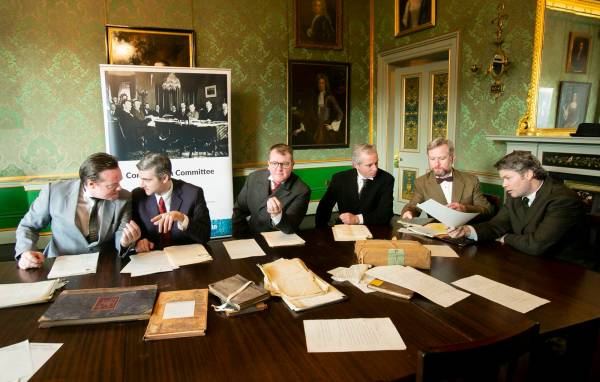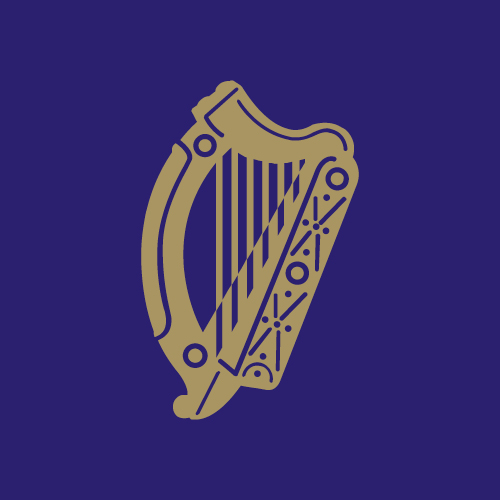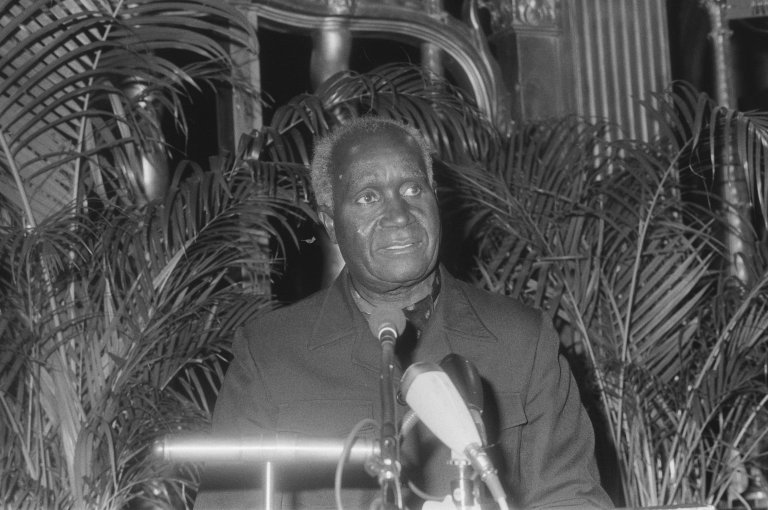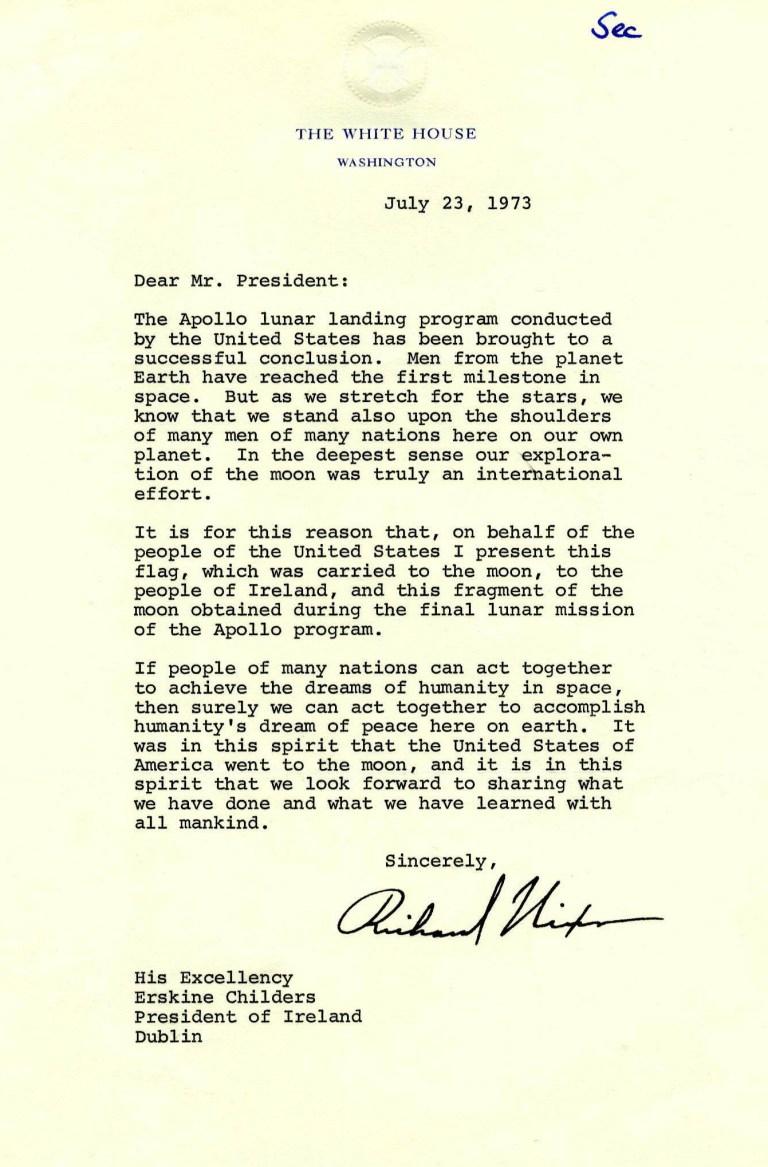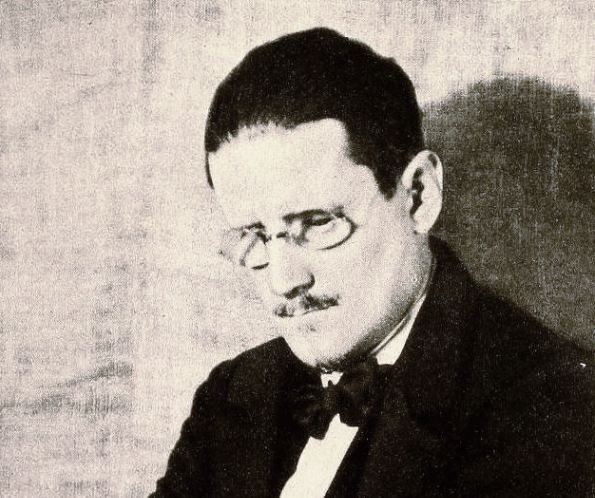The Constitution Committee
‘…bear in mind not the legalities of the past but the practicalities of the future’ Michael Collins, Chair, Constitution Committee, 24th January 1922.
This is the guidance given by Michael Collins to the members of the Constitution Committee present at its inaugural meeting in the Mansion House at 3.30pm on the 24th January 1922.
When we think of the Irish Constitution, it is usually the 1937 Constitution that immediately comes to mind. It is, after all, our current constitution and holds the cultural associations with the status of women and religion that have defined recent amendments. However, the first constitution of the Irish State came into being in 1922.
It set out very different parameters determined by a desire to establish, in the words of its chair, ‘a free democratic constitution,’ an undertaking which Collins defined as ‘the most important task – more important than the Treaty itself’ (DE/9/12/3).
The papers of the Constitution Committee (Constitution Committee, 1922 DE/9) sit alongside other complementary collections of early Dáil Éireann papers. Collectively, these records chart the most tumultuous and significant period in our nation’s history, providing evidence of the decisions which determined the establishment of the State.
The Constitution Committee holdings comprise its working papers, research, and drafts. Given the committee’s narrow deadline, the quantity of research and debate chronicled in these papers shows the immense task which faced its members.
Although Michael Collins took on the role of chair, at the first meeting, Arthur Griffith proposed Darrell Figgis become acting chair. Collins, with his many responsibilities, was only able to attend one other meeting, but his directions to the committee determined the course of their work.
The committee worked within an exceptionally tight timeframe. The initial deadline from Collins was to produce a document to be reviewed by the provisional government by the end of February 1922.
The other members of the committee included two academics, Professor Alfred O’Rahilly and Professor James Murnaghan, four lawyers, Hugh Kennedy, John O’Byrne, Kevin O’Shiel and Clement J France, a former civil servant, James McNeill, and a businessperson, James Douglas.
Draft constitution documents
At the end of their deliberations on the 7 March 1922, the committee presented the three self-contained constitutions which were known as Drafts A, B and C. Draft A was supported by Figgis, McNeill and O’Byrne, Draft B was supported by Kennedy, Douglas and France and Draft C was supported by O’Rahilly and Murnaghan. O’Shiel ultimately declined to sign any of the final drafts.
These texts were then subject to criticism and consultation by the provisional government, with Draft B eventually emerging as the basic text which was brought before the British government for further deliberation and revision.
An amended text was agreed by both sides and published by the provisional government on 16 June 1922, the day of the 1922 general election. This text formed part of Constitution of the Irish Free State (Saorstát Éireann) Act, 1922. The Constitution of the Irish Free State (Bunreacht Shaorstáit Éireann) was adopted by Act of Dáil Éireann sitting as a constituent assembly on 25 October 1922.
Re-enactment of the 1922 Constitution Committee
To mark the centenary of the adoption of the Constitution of the Irish Free State (Bunreacht Shaorstáit Éireann) by Act of Dáil Éireann on 25 October 1922, the National Archives and the Courts Service of Ireland presented a unique event: a dramatic re-enactment of the proceedings of the 1922 Constitution Committee. This event, performed in the Constitution Suite of the Shelbourne Hotel where the committee originally met, was livestreamed on Tuesday, 25 October 2022.
This theatrical production, developed, produced and directed by Geoff Gould based on these records, tells the story of the committee. It explores the objectives, the members and the intense discussions and debates that shaped the drafting process and the final document.
The event not only celebrated a pivotal moment in Irish history but also brought to life the meticulous work and dedication of the Constitution Committee. By animating the historical records, the re-enactment provided a vivid and engaging way to understand the complexities and challenges faced by the committee members during those crucial months in 1922.
For those who missed the livestream, a recording of the event is available, along with the event programme. Watch the video below:
